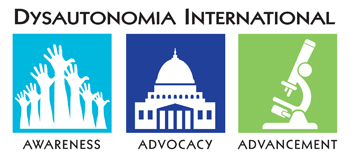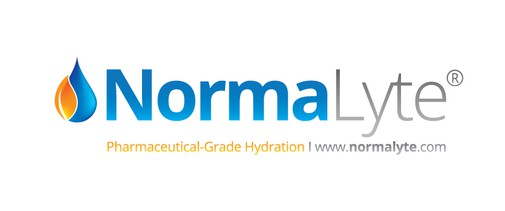Syncope, otherwise known as fainting, is extremely common, comprising approximately 3% of all emergency room visits. This group of ?fainting disorders? are sometimes grouped together. They include Neurally Mediated Hypotension (NMS), Neurally Mediated Syncope (NMS), which is also called Neurocardiogenic Syncope (NCS), a vasovagal event (or Vasovagal Syncope-VVS), vasodepressor, or reflex mediated syncope.
Neurally Mediated Hypotension (NMH) and Neurocardiogenic Syncope (NCS) are caused by a drop in blood pressure, sometimes accompanied by a drop in heart rate, and cause dizziness, pre-syncope (sometimes called ?greying out?), and may cause actual fainting. This drop in blood pressure is triggered by something; position change, the sight of blood, or sudden fear to name a few triggers.
Repeated fainting may be caused by a wide variety of medical problems, and requires diagnosis and treatment. It is important to distinguish syncope from ?dizziness,? which generally refers to an alteration in balance, vision, or perception of the environment, without the loss of consciousness. These terms are used by some people interchangeably, but the defining difference is that fainting is an actual ?blacking out? and loss of consciousness.
Sources:
NIH Autonomic Disorders Consortium
Neurally-mediated syncope. Brignole M, Ital Heart J. 2005 Mar;6(3):249-55.
Dysautonomia and neurocardiogenic syncope. McLeod KA. Curr Opin Cardiol. 2001 Mar;16(2):92-6.
Physiological phenomenology of neurally-mediated syncope with management implications. Schroeder C et al, PLoS One. 2011;6(10):e26489. Epub 2011 Oct 25.
Familial aggregation of fainting in a case-control study of neurally mediated hypotension patients who present with unexplained chronic fatigue. Lucas KE et al., Europace. 2006 Oct;8(10):846-51. Epub 2006 Aug 18.
| | |




